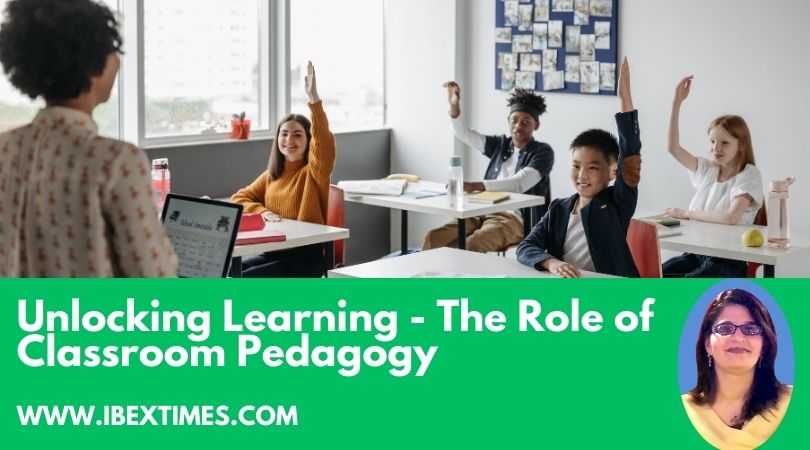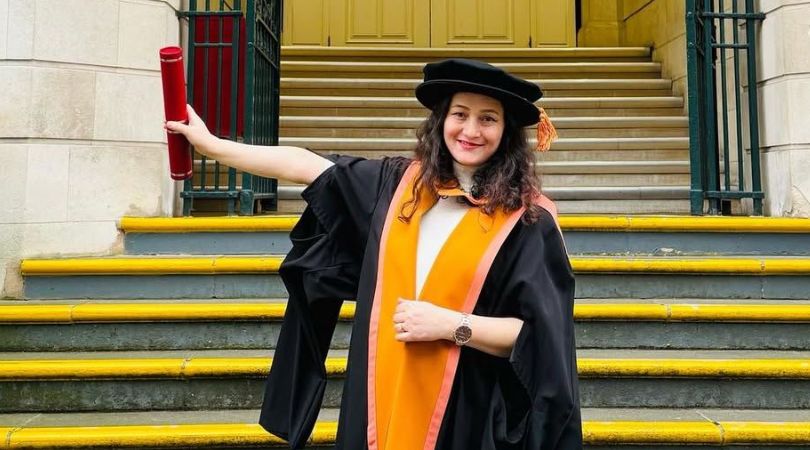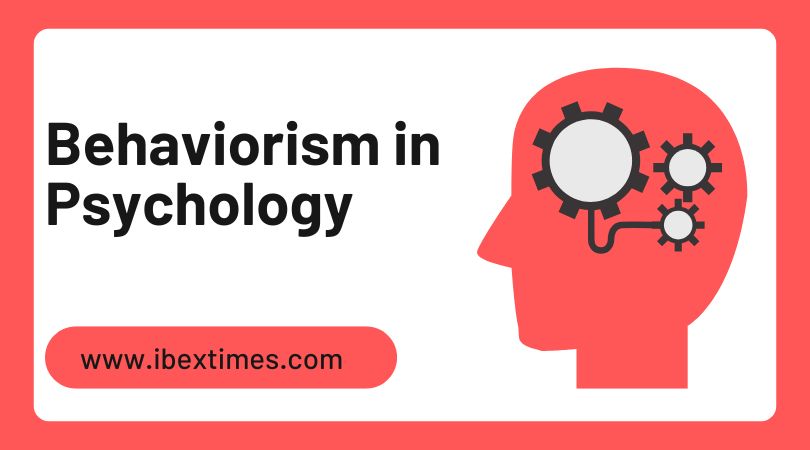This article is about classroom pedagogy and how educators are consistently encouraged to employ diverse strategies to provoke their students’ interest in learning and foster active participation in classroom activities.
I often find myself pondering over the term, ‘pedagogy’—is it merely a set of activities or does it catalyze educators to become more creative and critical in their teaching practices?
Through extensive reading and reflection, I have come to know pedagogy as a process through which students acquire new knowledge, making it easier for them to grasp complex concepts. It serves as an interactive tool that cultivates strong teacher-student relationships. It enables educators to tailor activities to meet the needs and interests of their students.
For teachers, it is important to note that they need not incorporate every pedagogical approach into their practice. Instead, they need to focus on strategies with which they are comfortable. While doing this what is important is to ensure that the purpose of lesson is achieved.
Principles for Effective Pedagogies
Below are some important principles that teachers need to consider while adopting and using various pedagogical strategies in classroom instruction:
1. Understanding Student Needs
Teachers should thoroughly understand their students’ diverse needs, learning preferences, and styles to create effective instruction. This includes recognizing individual strengths, challenges, and cultural backgrounds. By tailoring teaching methods to address these differences, teachers can foster engagement, ensure inclusivity, and enhance learning outcomes, ultimately helping each student reach their full potential
2. Mastery of Pedagogical Strategies
Educators must be well-versed in the pedagogical strategies they plan to use, as this knowledge enables them to effectively engage students, address diverse learning needs, and foster a positive learning environment. Mastery of these strategies helps educators adapt lessons, improve student outcomes, and ensure successful, dynamic classroom experiences.
3. Purposeful Implementation
Pedagogical strategies should be thoughtfully chosen and applied based on students’ needs, learning styles, and goals. When used constructively, they promote deeper understanding, critical thinking, and active participation. Arbitrary use may lead to disengagement or confusion, whereas purposeful application enhances learning outcomes and supports student growth.
Key Pedagogical Approaches
There exist five distinct pedagogical approaches that teachers can employ in their classroom instruction.
1. Constructivist Approach
As the word “constructivist” suggests, this approach focuses on students actively constructing their own knowledge. Rather than passively receiving information, students engage in experiences and problem-solving activities that allow them to build on what they already know. The approach emphasizes critical thinking, reflection, and hands-on learning, aligning with the idea that knowledge is actively built by the learner.
2. Collaborative Approach
The word “collaborative” indicates that this approach centers on group work and teamwork. In collaborative learning, students work together to solve problems, share ideas, and engage in discussions. By collaborating, students learn from each other, develop social skills, and understand diverse perspectives. The collective nature of learning enhances communication and helps students develop teamwork and problem-solving skills.
3. Integrative Approach
As the word “integrated” suggests, this approach blends multiple subjects to create interdisciplinary learning. Teachers need to design lessons that connect concepts from different disciplines, facilitating a broader understanding. By linking subjects, teachers help students see real-world applications and foster critical thinking, enhancing their ability to make interdisciplinary connections.
4. Reflective Approach
As the word “reflective” suggests, this approach emphasizes self-examination and continuous improvement. Teachers encourage students to regularly self reflect, observe classroom activities and analyze their purpose of the lesson. Similarly teachers also assess their teaching methods, seek feedback, and adapt lessons based on student responses. Reflection allows both teachers and students to identify what works and refine strategies, ensuring more effective teaching-learning.
5. Inquiry-Based Learning
Educators foster a culture of inquiry where studentThe term “inquiry” refers to the process of asking questions and seeking answers. In this approach, students are encouraged to explore topics, ask questions, and investigate issues of interest. The teacher acts as a facilitator, guiding students through research, experimentation, and discovery. The emphasis is on fostering curiosity and a deeper understanding of the subject matter.
By integrating these five approaches into their teaching methodologies, instructors can deploy a diverse array of pedagogical strategies within the classroom. For instance, within the collaborative approach, activities like group work or joint assignments can be planned to encourage students to work together.
Along with enriching the teaching and learning experience, the use of these approaches cultivates collaboration among students, parents, and teachers thus fostering a cooperative learning environment. Moreover, it injects dynamism into the classroom, alleviating monotony and creating an engaging and vibrant atmosphere for learning.
In nutshell, effective pedagogy goes beyond mere instructional methods—it is a dynamic process that nurtures students’ curiosity, critical thinking, and collaboration skills, ultimately enriching the learning experience for all involved.
References
https://www.iitms.co.in/blog/importance-of-pedagogy-in-teaching-and-learning-process.html
https://www.skillshub.com/what-is-pedagogy-in-education-and-learning
https://www.structural-learning.com/post/pedagogy-for-teaching-a-classroom-guide
This article has been contributed by Anita Saleem, Specialist Curriculum and Exam Development at the Aga Khan University Examination Board (AKU-EB) and an MPhil Scholar at the Aga Khan University Institute for Educational Development (AKU-IED). She can be contacted via email at anitasaleemsms@yahoo.com.














